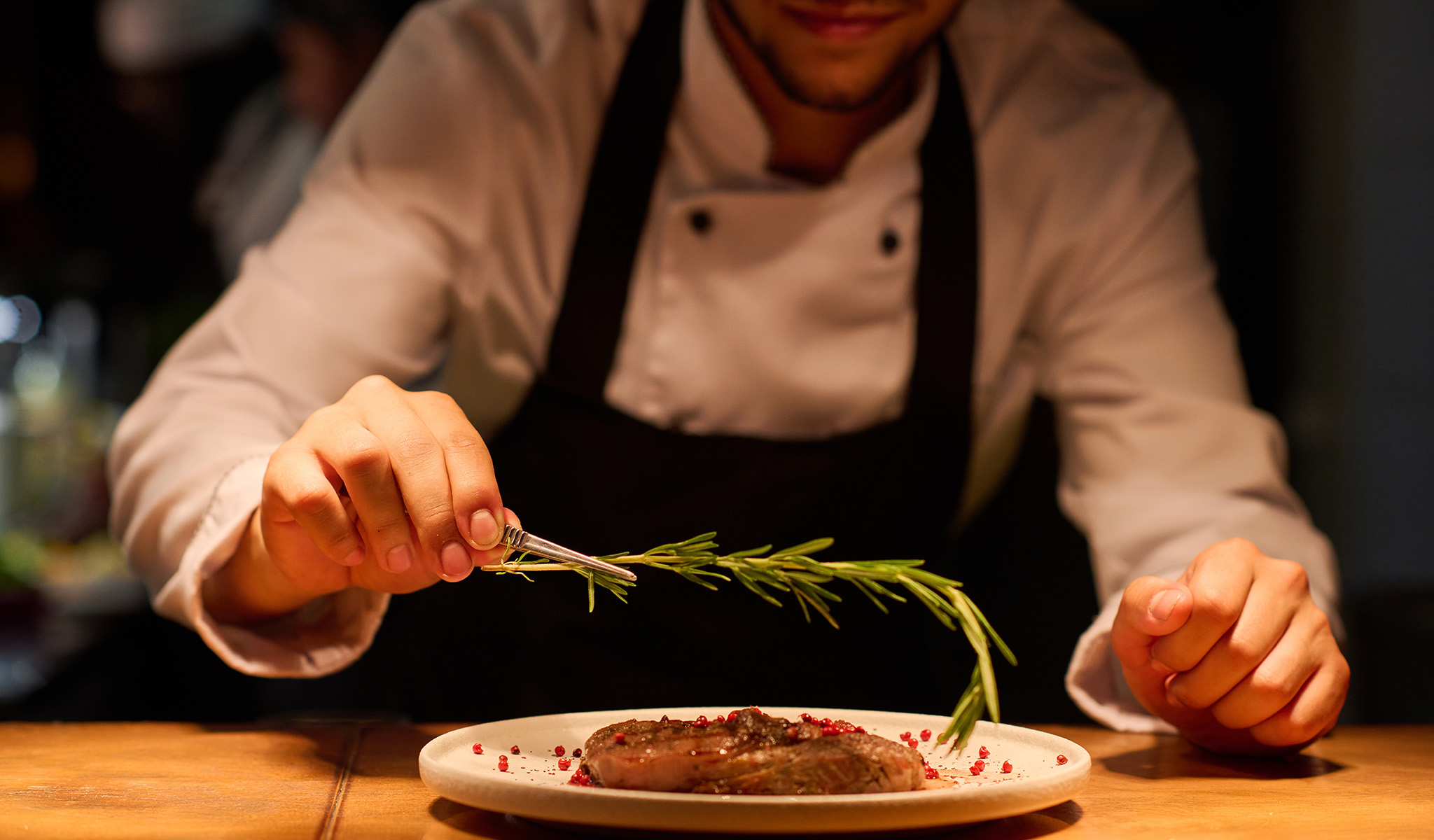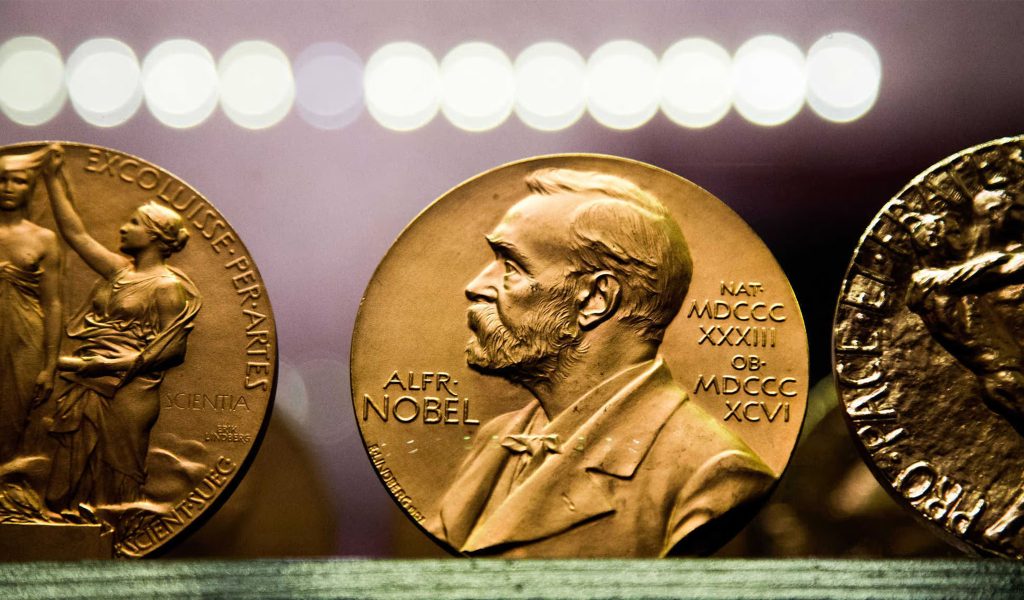In his memoir Setting the Table, restaurateur Danny Meyer recalls telling friends in the 1980s that he was leaving his high-paying job for restaurant work. Those he told would shift uncomfortably in response to Meyer’s surely downwardly mobile plans.
Consider the times while contemplating the discomfort of his friends. In one of Denzel Washington’s first movies, 1981’s Carbon Copy, his character hides his Northwestern University background by claiming he’s a “short-order” cook. In the popular television show Alice, Vic Tayback played Mel Sharples, an often loathsome short-order cook at the diner he owned. On the similarly popular television show Love Boat, the fictional cruise ship’s theoretical chef didn’t even rate a character on the show. What are the odds of that today?
Which is the point. While “chef” for the longest time wasn’t even a professional designation, now it’s a highly regarded path in life. Nowadays “chef” signals highly skilled, ambitious, and surely charismatic. The New York Times recently referenced a New Yorker cartoon with a couple in bed, the wife clearly satisfied as it were, and the husband puzzlingly asking what all the “Yes, Chef” stuff was about.
Literally within a few decades, or a generation, work of “cooks” that was viewed as “dead end” has morphed into something quite different. We see this through the numerous shows about chefs on television, not to mention fictionalized television shows like The Bear. Season three of it is generating all sorts of coverage in the media. What a story, and what a country!
Work on its own is dignity, but the dignity and pride is even greater when the toil has reverential qualities. Or does not bring sheepish qualities. Along these lines, chefs with grown children have been known to say that while their kids hid the profession of their fathers when they were young, now they brag about what their fathers do. Again, what a story.
What’s important and uplifting about this story is that it won’t stop with chefs. What transformed cooks into elite and dynamic chefs was an ongoing division of labor among increasingly well-to-do people (the division of labor the path to well-to-do) that made it possible for more and more people to outsource their dining to others.
As dining out grew, so grew the growth of high-end restaurants meeting and leading an increasingly wide range of needs. And in concert with this growth came specialization in the act of cooking. And that’s just what we’ve seen. If chef formerly wasn’t a professional designation, does anyone seriously think “pastry chef” and “coffee concierge” were? Hopefully the question answers itself.
While also signaling to readers that what’s ahead will soon enough gift the world with all manner of new professions that lift all manner of formerly downwardly mobile people into the professional classes. What will drive this process is the automation of all sorts of work formerly done by humans.
What automates effort doesn’t replace people as much as it amplifies people by enabling their specialization, thus elevating skills that once had no market application; that, or it elevates skills that used to be viewed as pedestrian. Energetic people doing work at which they’re great are charismatic people, thus the rise of chefs to objects of desire.
It all raises a basic question: what professions are next? Because there will be next. The more jobs or aspects of jobs made redundant by machines, and yes, global trade, the more new jobs that lift narrow, formerly unrecognized skills will reveal themselves. What’s next, and when?
Republished from RealClear Markets





